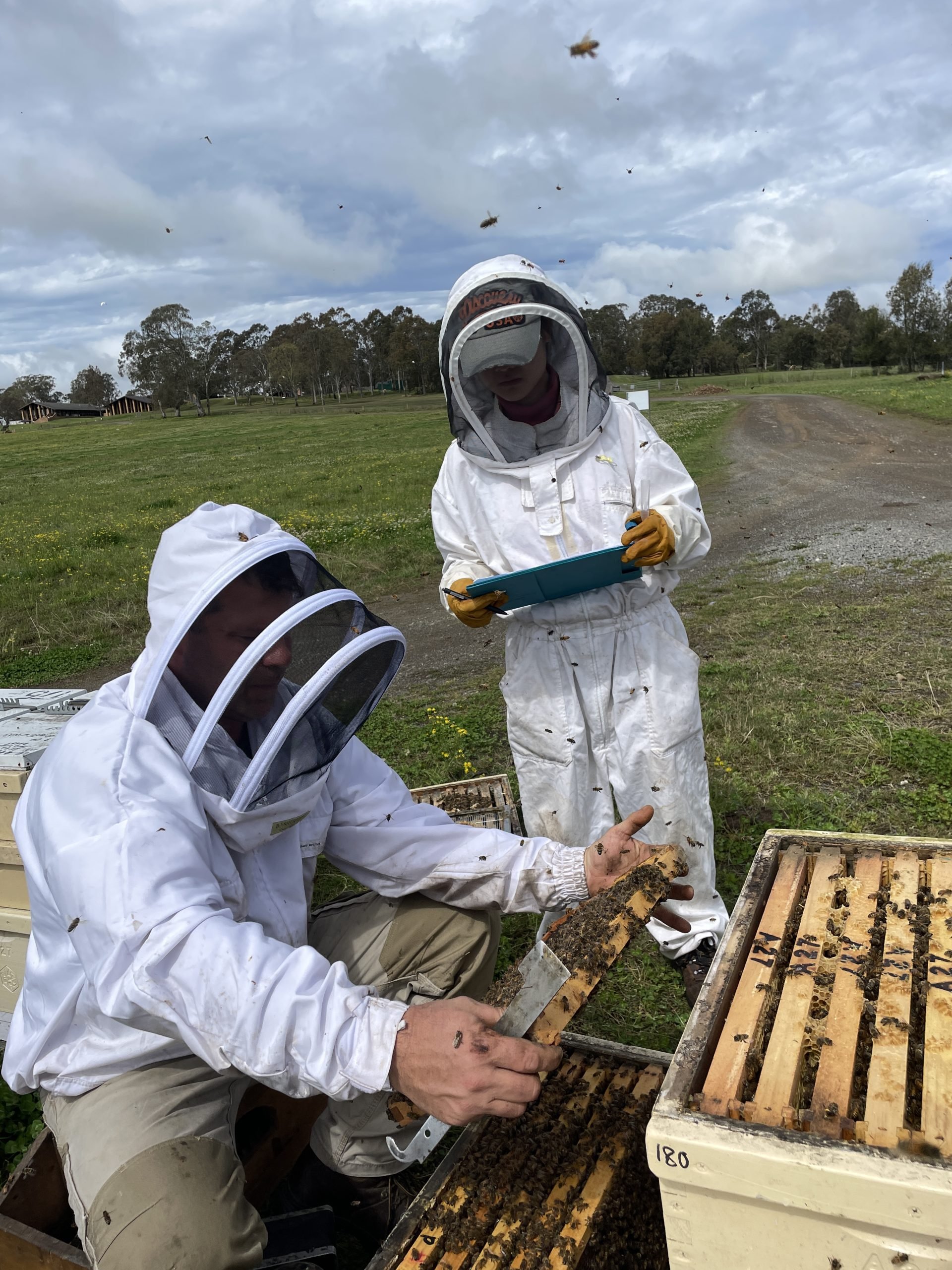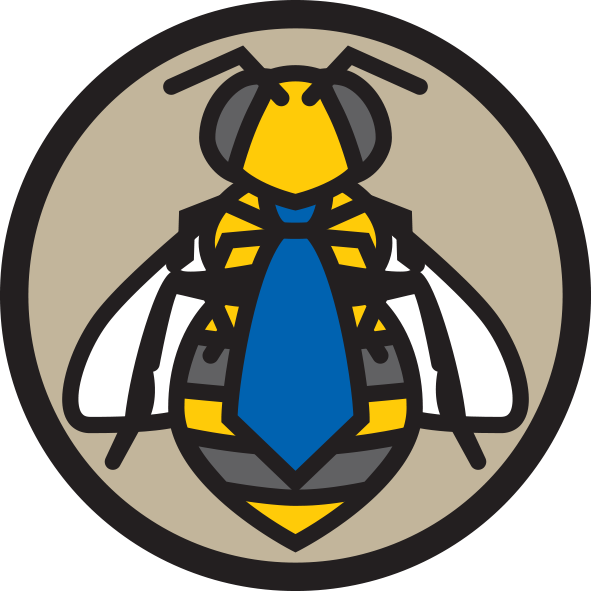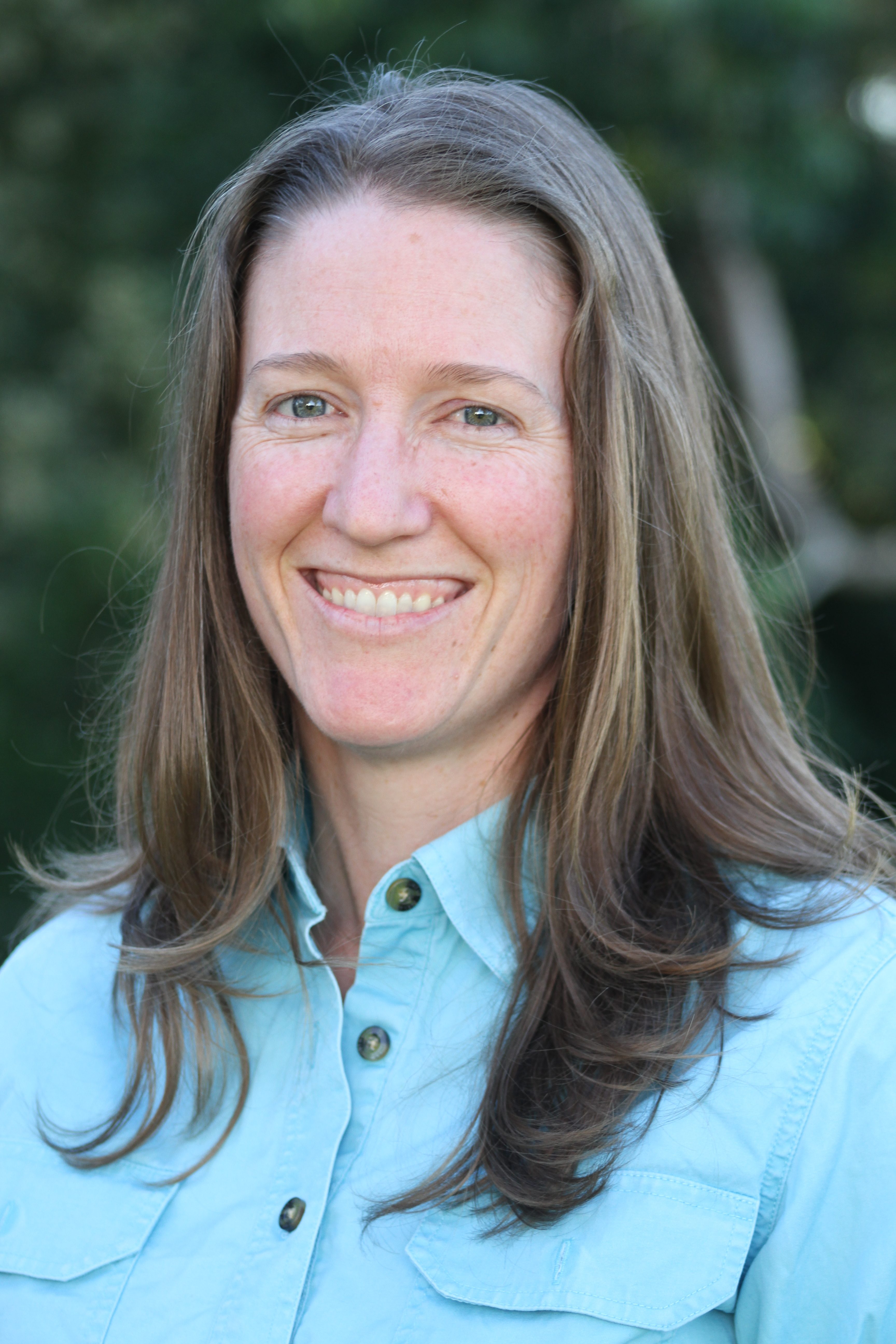Tocal queens
Plan Bee established a research and development population at Tocal Agricultural College. Queens were donated by Australian bee breeders and bees by NSW beekeepers (Better Bees WA Inc, Casey Cooper, CSIRO/AQBBA, Corinne Jordan, Horner family, Jamie Baggs, Jon Lockwood and Mark Caguioa, Malcolm Porter, Ray Hull, Stephens family, Steven Targett, Terry Brown and Roxanna Stutz, Trevor Bain, Vicki Gow). Plan Bee is immensely grateful for these donations particularly at a time when beekeepers were facing drought and bushfire.
So far only a small number (63) of queens have been distributed (artificially inseminated, natural mated, and queen cells). These queens have gone to registered beekeepers with a primary production business, proof that they produce queens for sale, and who will also either provide data to Tocal or will allow Tocal to collect further data on this stock.
46% of the stock disseminated was exchanged (i.e. no cash payment) with beekeepers who donated bees and/or breeder stock to Plan Bee. 62% of the disseminated stock is currently in Eradication, Surveillance, or Notification zones.
Purchased stock has been sold at $40 for a naturally mated queen, $1000 for a nucleus colony with artificially inseminated queen, and $10 for queen cells.
Due to the Varroa incursion the stock at Tocal has now been euthanised. 50 queens were saved after biosecurity screening and are being looked after by two bee breeders in NSW that have links to the program. Queen breeders in the red eradication zones can also apply to save their breeding stock.

Image: Plan Bee staff Slavi Nenov and Erica Mo inspecting the hives at Tocal in happier times
Plan Bee queens
Plan Bee aims to empower bee breeders to use improved animal breeding techniques based on their own breeding objectives that will enable faster selection for traits and greater surety for beekeepers that they are getting quality stock.
The fact that individual queen breeders can submit data into the database is a major difference between Plan Bee and previous breeding programs. Our industry requires a variety of stock (Chapman and Frost 2022) and >200,000 queens per year (Clarke and Le Feuvre 2021). This cannot be achieved solely through Tocal, regardless of the eradication.
‘Plan Bee’ queens produced by participating bee breeders will have performance data collected and entered into the Plan Bee database. Once there is enough data in the database breeders will be provided with EBVs. They may choose to share these with their customers in order for them to make informed decisions about which stock to purchase. Plan Bee will not share individual EBVs without permission.
Participation in Plan Bee adds additional work for breeders. It is therefore important that there is a point of difference between those participating in Plan Bee and breeders that are not participating. In the future, Plan Bee aims to have a website for participating breeders to advertise their stock. In addition, this will provide assurance for beekeepers that breeders do have connection with the program.
As the program matures it may be possible for beekeepers to search the database for queens with the best EBVs for their traits of interest. Such an application is years away and will require input from breeders to ensure that they are happy with the amount and way that information is made available.
Bee breeders can register for assistance in performing colony evaluations and sampling for genetic testing. Please use this form to register your interest or contact Nadine Chapman on [email protected] or 02 9351 2267.
Acknowledgements:
- Plan Bee (National Honey Bee Genetic Improvement Program) is supported by funding from the Australian Government Department of Agriculture, Fisheries and Forestry as part of its Rural Research and Development for Profit program. The project is further supported by AgriFutures Australia, the Department of Regional NSW, University of Sydney, University of New England Animal Genetics and Breeding Unit, Better Bees WA Inc, Wheen Bee Foundation, Costa Group, Olam, Beechworth Honey, Monson’s Honey and Pollination, South Pacific Seeds, Australian Queen Bee Breeders Association, Australian Honey Bee Industry Council, and commercial beekeepers.
- Chapman & Frost (2022) 2021 Plan Bee Survey. AgriFutures Australia
- Clarke & Le Feuvre (2021) Size and scope of the Australian honey bee and pollination industry: a snapshot. AgriFutures Australia
- This article was peer-reviewed by Elizabeth Frost and David Briggs.

